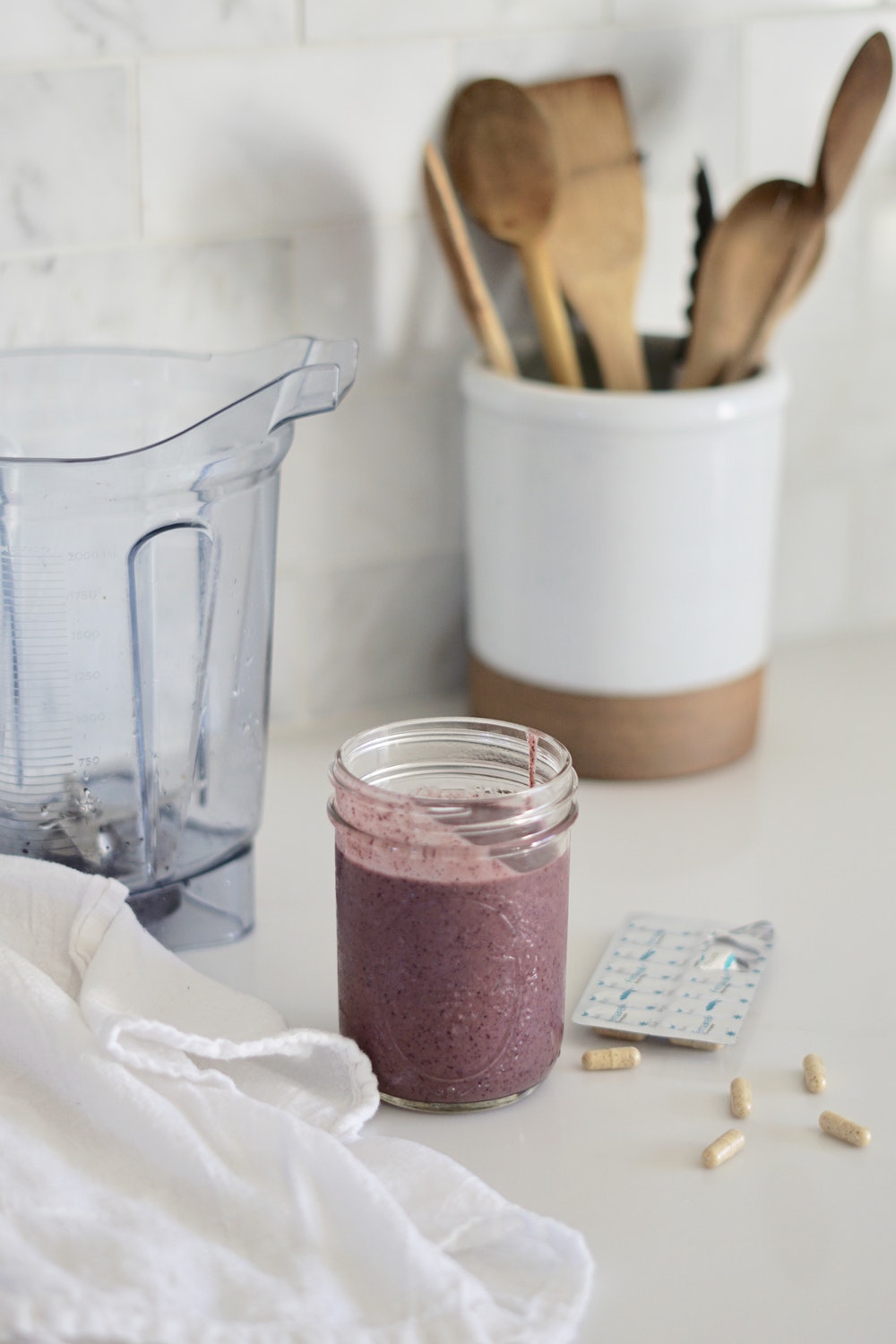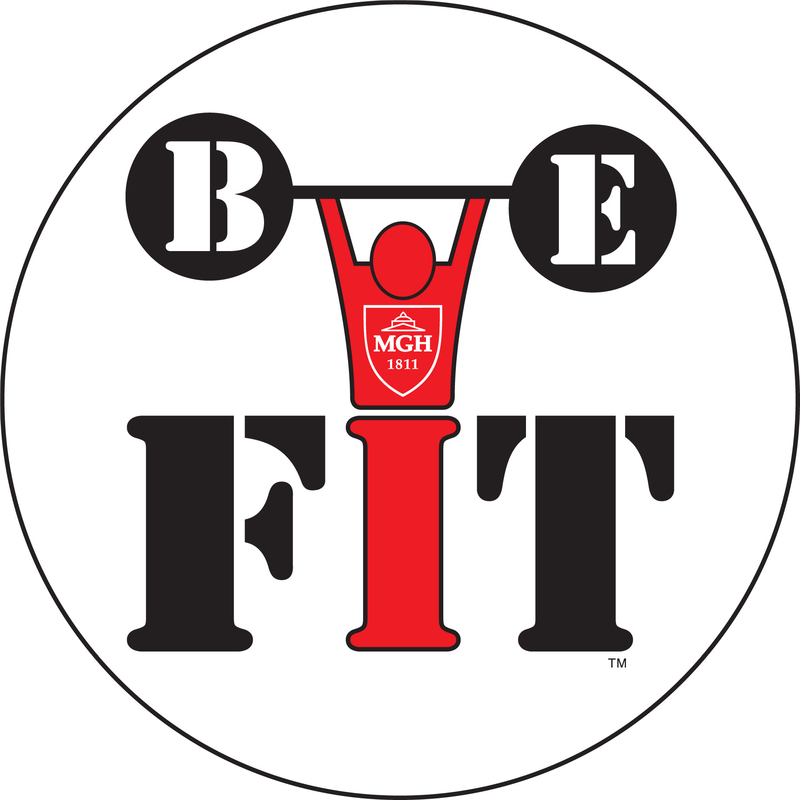|
A safe amount of sun can help your body make Vitamin D, but as we prepare for fall turning to food and supplements can help meet needs. Vitamin D is important for maintaining strong bones and a healthy immune system. Some studies suggest it may also help reduce diseases like diabetes and cancer, though more research is needed. Vitamin D sources include:
It can be hard to get enough vitamin D through diet alone. (Eating a tuna sandwich, egg, and cup of milk only provides about half the daily amount.) 600 IU of vitamin D is recommended for most adults and some studies suggest getting 1000 IU or more may have benefits. Read food labels (hint: a daily value of 20% or more is an excellent source) or take a supplement to meet your needs when the season changes. REFERENCES Benefits of Moderate Sun Exposure. HMS Harvard Health Publishing. Accessed July 2018. Vitamin D: Fact Sheet for Health Professionals. National Institutes of Health. Accessed July 2018. Brookes, L. Vitamin D and Mortality Risk: Should Clinical Practice Change? Interview with Dr. Cedric F. Garland. Medscape. Published 2014. Accessed August 2018. Yin, K and D., Agrawal. Vitamin D and Inflammatory Diseases. J Inflamm Res, 2014. 7: 69-87.
2 Comments
With various protein supplements on the market, choosing one can be confusing – so let’s break down some common types.
Do You Need One? Supplements are not essential for muscle growth or weight loss. Chicken, fish, eggs, yogurt, tofu, soy milk, beans, and nuts provide ample protein plus vitamins and minerals that supplements may lack, making whole foods equally effective – if not more so. If you include a protein source with most meals and snacks you probably do not need a supplement. Be aware supplements may contain added sugars and artificial ingredients and are not approved by the FDA before sale. REFERENCES Caspero, A., Protein and the Athlete — How Much Do You Need? Academy of Nutrition and Dietetics, 2017. Accessed July 2018. Giles-Smith, K., Milk Proteins: Packing a Powerful Nutritional Punch. Today’s Dietitian, 2013. 15(3): 26. Roy, B., Milk: The New Sports Drink? A Review. Journal of the International Society of Sports Nutrition, 2008. 5:15. Ruscigno, M., Pea Protein. Today’s Dietitian, 2016. 18(12): 32. Wein, D. and M. Miraglia, Whey Protein Vs Casein Protein and Optimal Recovery. National Strength and Conditioning Association Performance Training Journal. Accessed July 2018. |
TOPICS
All
Archives
December 2023
|



 RSS Feed
RSS Feed